
Kuwait Representative to the UN Mansour Al-Otaibi.
New York, MINA – The UN Security Council voted Tuesday on a US draft resolution and two Russians on suspected chemical attacks on Douma city, Eastern Ghouta, central Syria, but failed to approve any.
At an emergency Council session in the wake of the Saturday deadly attacks, Russia and Bolivia voted against the US draft while China abstained; the 12 other members of the Council, including Kuwait, voted for the draft.
Later on, Russia tabled a draft that was backed by only six members while seven voted against and two, including Kuwait, abstained. Russia tabled another draft, calling for deploying a fact-finding mission from the Organisation for the Prohibition of Chemical Weapons (OPCW) to Syria but was blocked as well.
Five members voted for the second Russian draft with four against and six abstentions, including Kuwait.
Also Read: Syria, Jordan Condemn Netanyahu’s Visit to Occupied Syrian Buffer Zone
Despite agreeing to the gist of the Russian text that calls for investigation into what had happened in Douma, the Kuwaiti mission abstained because the fact-finding mission was going there in any case, and thus, there was no justification for the draft resolution.
The failure was frustrating.
Speaking at the session, Kuwait Representative to the UN Mansour Al-Otaibi said the failure to reach consensus was frustrating.
Ambassador Al-Otaibi supported the creation of an independent mechanism that would identify the party which had used chemical weapons, if the such use was confirmed, thus enabling the Council to hold the perpetrator accountable.
Also Read: UNIFIL Reports Over 7,300 Israeli Violations of Lebanese Airspace Since Ceasefire
On her part, US Representative Nikki R. Haley, speaking as the main sponsor of the draft resolution contained in document S/2018/321, said, “We have reached a decisive moment as a Security Council.”
On 9 April, all members had agreed that action must be taken to end chemical weapons attacks in Syria, she said.
In drafting the text before the Council, the United States had held open and transparent negotiations, “going the extra mile” for one member to include all possible elements proposed by the Russian Federation.
Among other things, the draft called for unfettered humanitarian access and created the independent mechanism of investigation to determinate accountability. “This is the bare minimum” that the Council could do, she went on.
Also Read: Russia Condemns UN Gaza Resolution, Says It Contradicts Palestinian Statehood
Turning to the competing text proposed by the Russian Federation, she said the key difference was that the one submitted by the United States ensured that any investigation would be independent.
In contrast, the one submitted by the Russian Federation gave itself the chance to choose the investigators and help determine the outcome of the investigation.
“At a certain point, you’re either for an impartial, independent investigation, or you’re not,” she said, urging all members to vote in favor of the United States draft and to vote against or abstain on the draft submitted by the Russian Federation.
Meanwhile, Vassily A. Nebenzia, representative of the Russian Federation, said the United States was attempting to mislead the international community, and taking one more step towards confrontation by requesting a vote a draft resolution that did not have unanimous support.
Also Read: Israeli Airstrike on Palestinian Refugee Camp in Lebanon Kills 13
The text was an attempt to recreate the Joint Investigative Mechanism, which had become a puppet of anti-Damascus forces and covered itself with shame by rendering a guilty verdict against a sovereign State with no evidence, he said.
The proposed new mechanism would carry out an investigation with no regard to the standards set out in the Convention on the Prohibition of the Development, Production, Stockpiling and Use of Chemical Weapons and of Their Destruction, known as the Chemical Weapons Convention, Nebenzia pointed out.
At all stages, the Russian Federation had insisted that the Secretary-General should select the staff for a new investigative mechanism on basis of broad geographical representation and approved by the Council.
Visits to incident sites and protecting the chain of evidence must be mandatory working principles, while the Council would determine – on the basis of reliable evidence – who was responsible for using chemical weapons. Nothing along those lines was contained in the United States draft text, he added (T/RS5.RS1)
Also Read: UN Security Council Adopts US-backed Resolution to Deploy International Force in Gaza
Mi’raj Islamic News Agency (MINA)





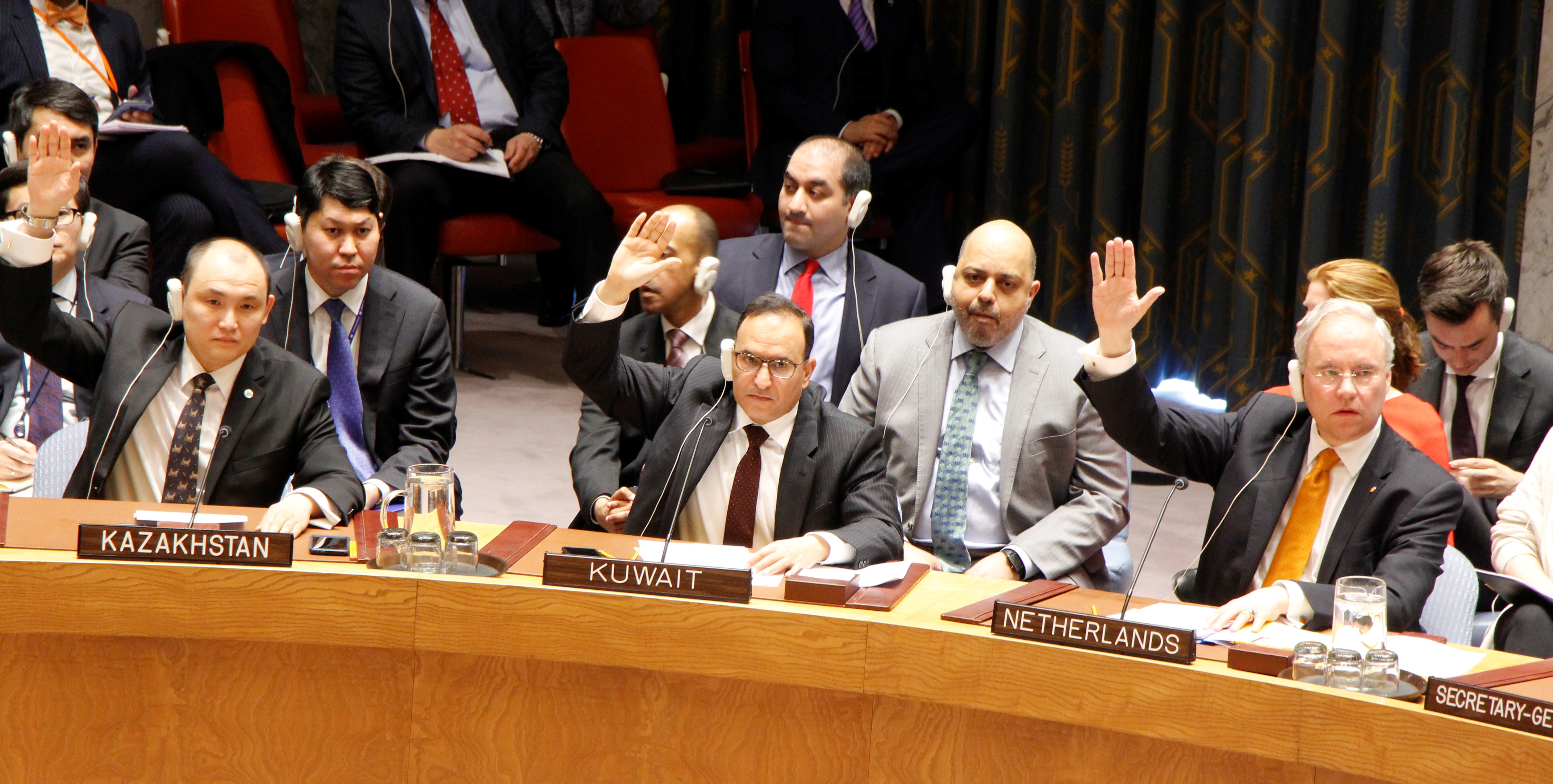





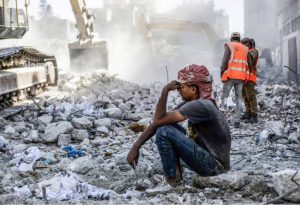




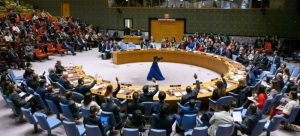
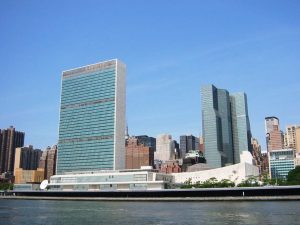
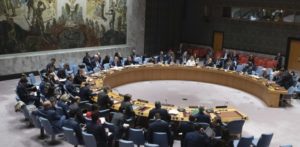
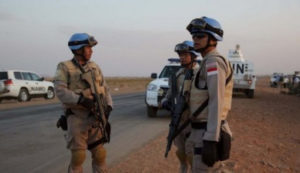
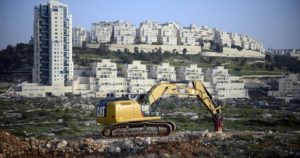












 Mina Indonesia
Mina Indonesia Mina Arabic
Mina Arabic